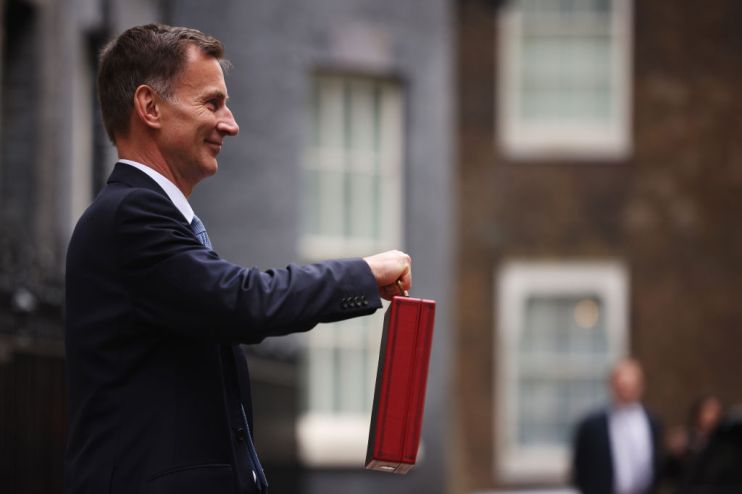Spring Budget 2024: Hunt considering scrapping non-dom rules to fund tax cuts

Jeremy Hunt could scrap or scale back ‘non-dom’ tax status in next week’s Spring Budget in an attempt to raise some cash for tax cuts, according to reports.
With less than a week to go until next week’s Budget, the Chancellor is looking for extra sources of revenue to fund his tax-cutting agenda.
According to a report in The Daily Telegraph, Hunt is considering reforming rules which limit the amount of tax foreign nationals resident in the UK pay on foreign income.
ONS figures suggest there were just under 70,000 non-doms in the UK in 2022. Scrapping the rules could raise £3.2bn a year, according to research from the London School of Economics and the University of Warwick.
If Hunt went ahead with scrapping non-dom status in the Budget, he would be taking one of Labour’s most prominent tax policies, forcing the opposition to find new sources of revenue for their own spending plans.
It would also restart a debate about whether reforming the rules would do more harm than good by driving high net-worth foreign nationals out of the UK. Hunt himself said in November 2022 that changing the rules would be the “wrong thing” to do.
“The proposals have been presented as revenue-raisers, but many tax advisers are very sceptical about this, due to anticipated behavioural impacts,” Dominic Lawrance, partner at Charles Russell Speechlys said.
The move is a sign of the government’s fiscal headache. Hunt has been the victim of changing market interest rate expectations, which impacts how much he will have to spend on debt interest in the years to come.
Markets now think the Bank will start cutting rates in the summer, meaning the Treasury has to pay out more to meet the costs of interest payments.
This will severely limit the Chancellor’s headroom, with Hunt expected to have only a little more than the £13bn he had in November. Headroom measures the spare fiscal capacity Hunt has to meet his fiscal rule of getting debt falling between the fourth and fifth year of the OBR’s forecast.